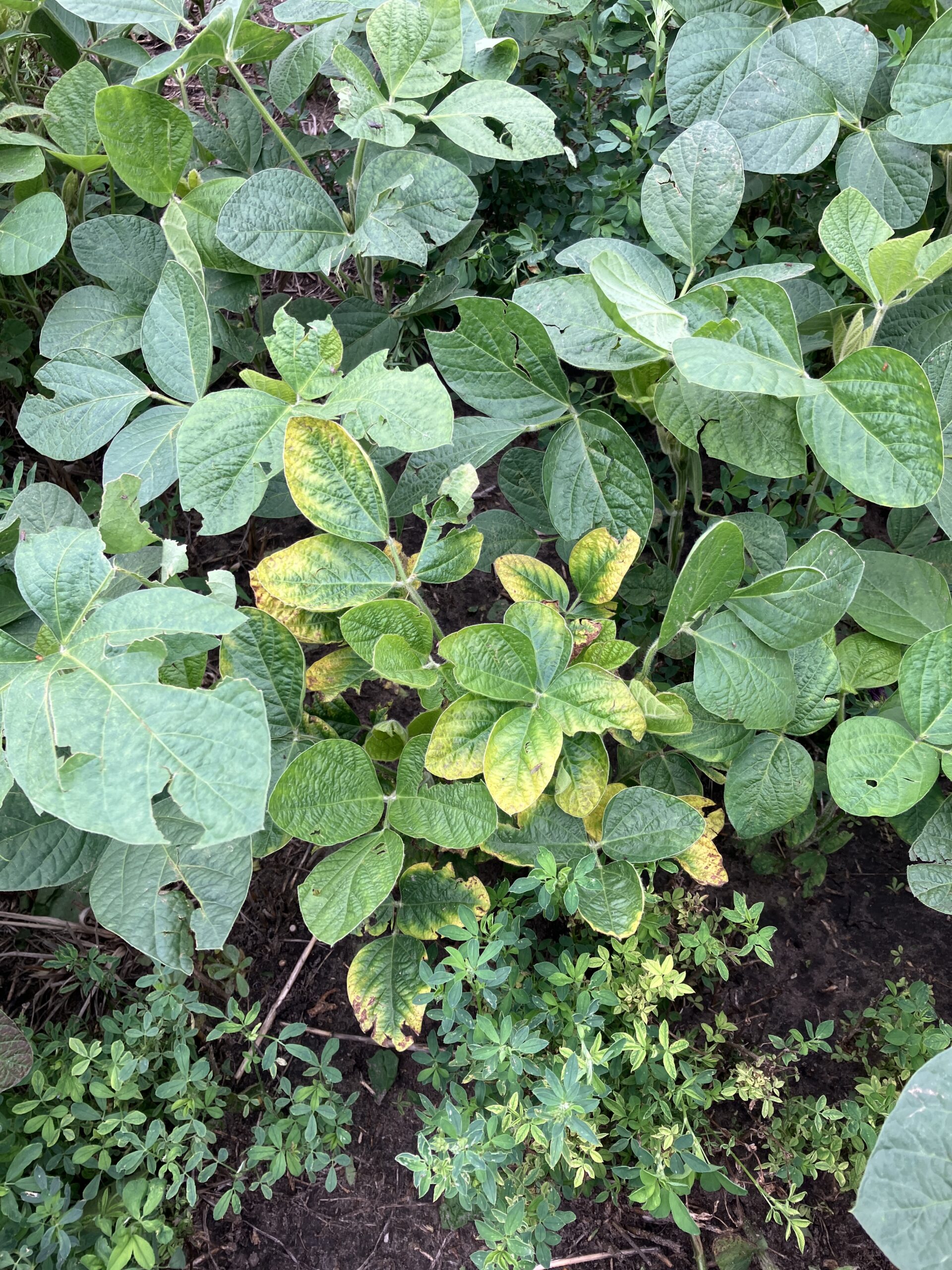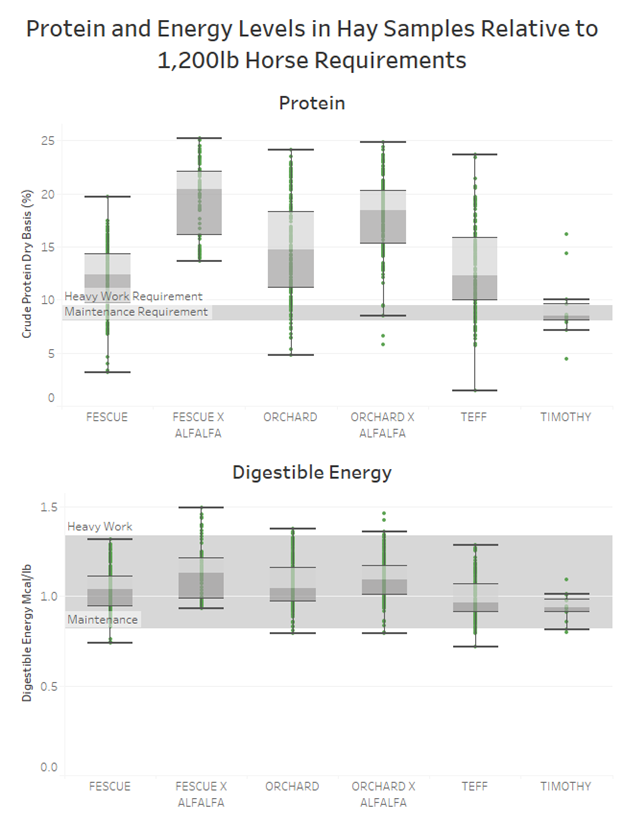
How fast is too fast? [Balancing lab speed and quality]
At Ward Laboratories, we have always said we produce fast, accurate and reliable results and believe we do a good job balancing lab speed and quality. But what does fast really mean? Is fast 3-5 business day turnaround time? 2 days turn around time? Or 1 day to same day? Most of our samples are reported within 2 business days. Many producers question this seemingly long time with the understanding that most of the laboratory tests themselves only take a few hours. In fact, we have even had a few customers ask to wait for their results in the login room. Unfortunately, we are not as fast as having your oil changed. There are a couple of different reasons results take 2 business days to produce. First, is ensuring proper sample handling and the second is quality control checks. We are committed to ensuring not only speed, but accuracy.
Proper sample handling
For many sample types, drying is the step that takes the most time, usually close to overnight. Lab analysis needs to be ran on dry samples. But how samples are dried can impact results and therefore your interpretation of those results. For example, in forage testing, if samples are dried at a high temperature too quickly, fiber results can be affected as the heat damages the fibers. This will have a direct impact on forage quality indexes relative feed value (RFV) and relative forage quality (RFQ) which often dictates prices when buying and selling hay. Furthermore, this can impact energy calculations and therefore ration and supplementation decisions.
Along these same lines, soils need to be dried for lab analysis as well. If we wanted to achieve a 1-day turnaround, we could dry our soil at a higher temperature for less time. However, like the fibers in forage, high temperatures can change the chemical makeup of key soil nutrients than impact plant available results and therefore fertility recommendations. Instead, we gently dry our soil samples at 45°C overnight to ensure accuracy on our soil reports and fertility recommendations.
Quality control is key
The final step each sample at Ward Laboratories undergoes is reviewing. A professional soil scientist, agronomist or animal scientist looks at each and every result that is placed on a report. The reviewers evaluate a blind daily check to ensure it remains within acceptable limits for each analysis. Then they review your report to ensure there are no glaring outliers. When we identify a value that looks out of place, we rerun that lab analysis to ensure accuracy prior to sending out reports to customers.
So, how would you recommend we speed things up? Our lab processes have been optimized for high throughput efficiency. Would you sacrifice precision and accuracy by turning up the temperature during drying? Or would you skip the final reviewing step? Of course this is rhetorical, and the answer is neither, we are balancing lab quality and speed better than most. Our turnaround times account for proper sample handling and a final quality control check point. This is how we ensure accurate, reliable results and when these factors are considered, we are pretty darn fast!



